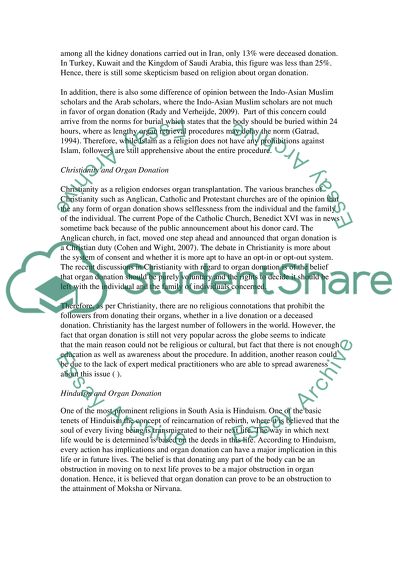Cite this document
(“Culture aspect on human organ donation Research Paper”, n.d.)
Retrieved de https://studentshare.org/english/1424355-culture-aspect-on-human-organ-donation
Retrieved de https://studentshare.org/english/1424355-culture-aspect-on-human-organ-donation
(Culture Aspect on Human Organ Donation Research Paper)
https://studentshare.org/english/1424355-culture-aspect-on-human-organ-donation.
https://studentshare.org/english/1424355-culture-aspect-on-human-organ-donation.
“Culture Aspect on Human Organ Donation Research Paper”, n.d. https://studentshare.org/english/1424355-culture-aspect-on-human-organ-donation.


